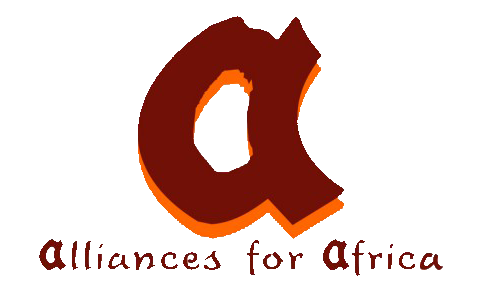Last week, one of Nigeria’s finest gospel singers, Osinachi Nwachukwu died. What is more shocking is the allegations of how she died. A situation in which close family, friends, professional colleagues and the church were aware of the domestic violence she experienced at home.
Domestic violence is part of a wider pattern of abuse that women are subjected to, but for which the State has an obligation to ensure that public policies on gender that can protect women are functional, enforced, implemented and resources duly allocated.
Women and girls in the country continue to feel unsafe, and the gendered nature of the discrimination and inequalities they face has been enough to cause serious mental health challenges. The high risk of violence spans harmful traditional practices, widowhood practices and abuses, early and forced marriage, sexual and gender-based violence and intimate partner violence.
In recent research conducted by UN Women in 2021, more than a third of women (35%) have changed an aspect of themselves because of negative comments made by an intimate partner, increasing to 39% for 25–34-year-olds.
Over a third (36%) of women have insecurities about their self-worth based on negative comments made by a partner. In comparison, 81% believe more sensitization needs to carried out to educate young men on their beliefs and attitudes towards women.
The Nigerian multiple indicator cluster report (MICS) of 2011 revealed that 46% of Nigerian women believe that a husband has a right to hit or beat them for at least one reason. Sadly, this Violence Against Women and Girls (VAWG) has continued unabated, and is rooted in unequal power relations that are further reinforced by religion, social, cultural and gender norms that normalize and justify VAWG, including rape and intimate partner violence. The increasing incidents of abuse against women and girls speak to underlying social norms that make it acceptable for men and boys to feel entitled and assert themselves as higher beings to women.
The Nigeria Police Force has also stated that there has been a recent wave of rape and killings of women in Nigeria.
We do not deserve this!
The inability of the National Assembly to pass the Equal Opportunity Bill into law has made the situation worse. At a state level, the lack of enforcement in the states that have passed the VAPP has compounded the problem of seeking redress for all survivors of violence.
Alliances for Africa (AfA) stands in solidarity with fellow Nigerians, partners and institutions to condemn these incessant ugly incidences.
Therefore, we are calling on all relevant authorities to act swiftly to ensure that the late Osinachi and other women unjustly murdered by their spouses get justice by arresting and prosecuting the perpetrators of these evil acts.
More importantly, by implementing the VAPP and ensuring that perpetrators face the full wrath of the law, this will hopefully deter all other possible perpetrators.
About AfA: Alliances for Africa, is a feminist organization concerned with protecting, promoting and advocating for the rights of women and girls in Africa.

